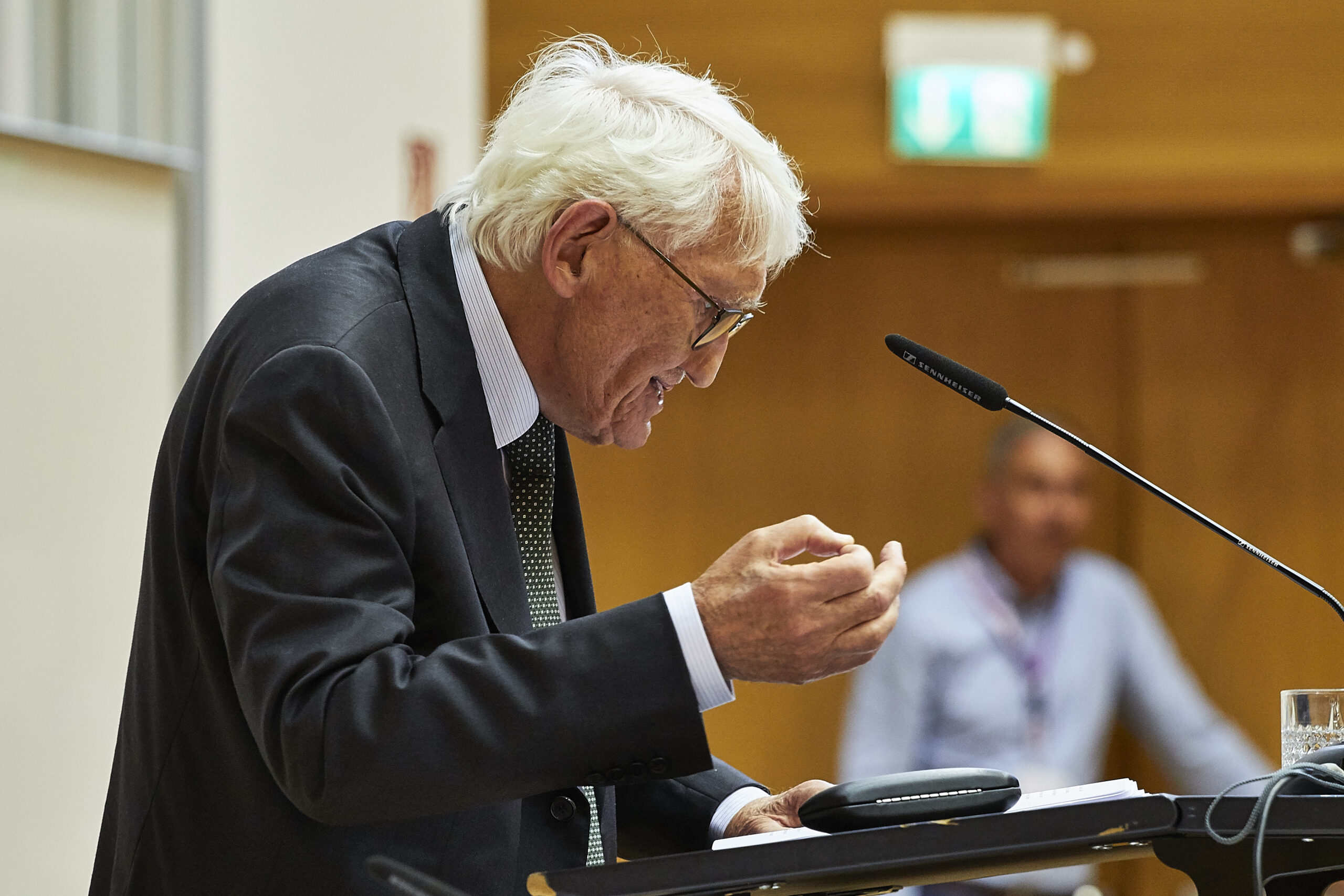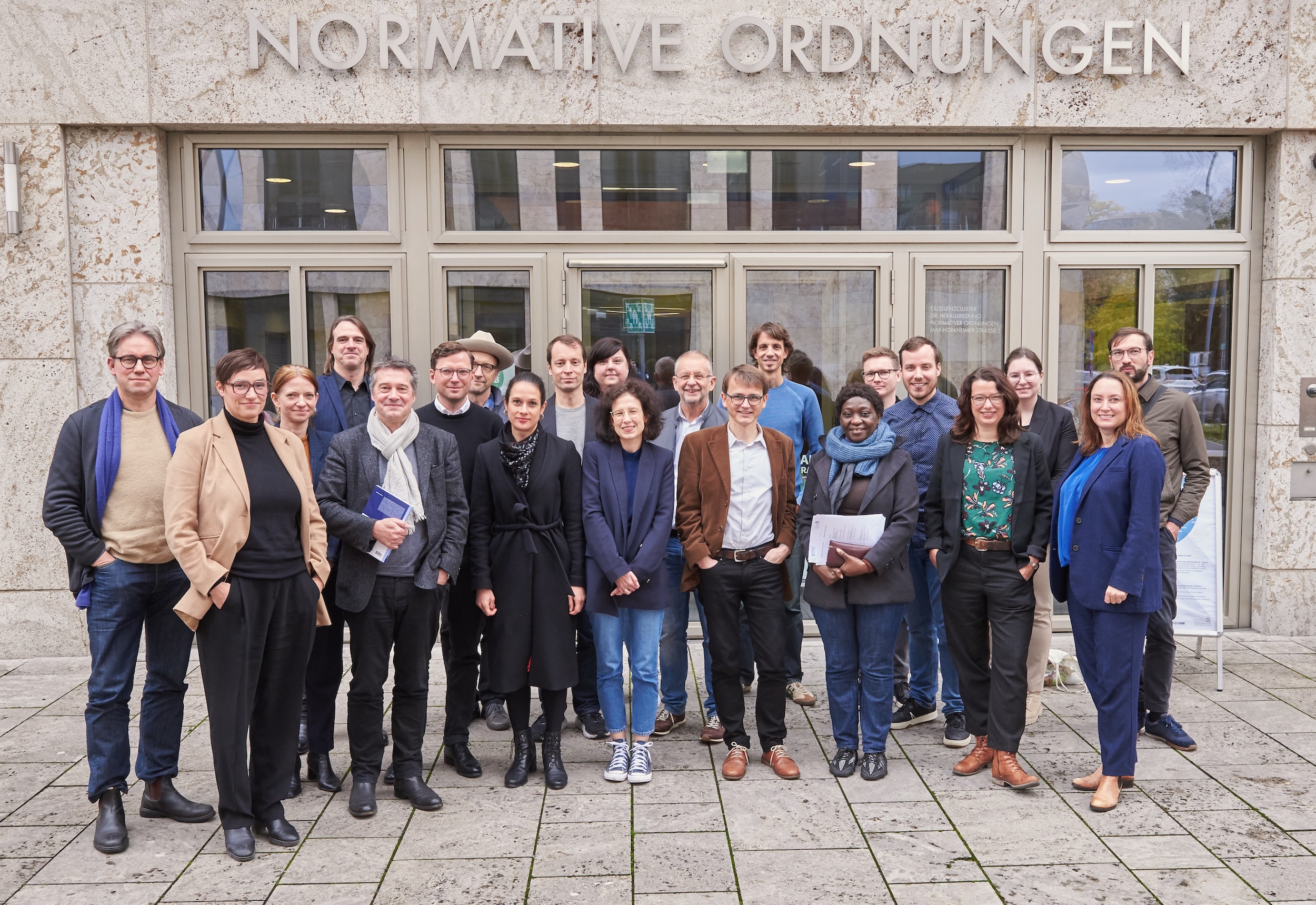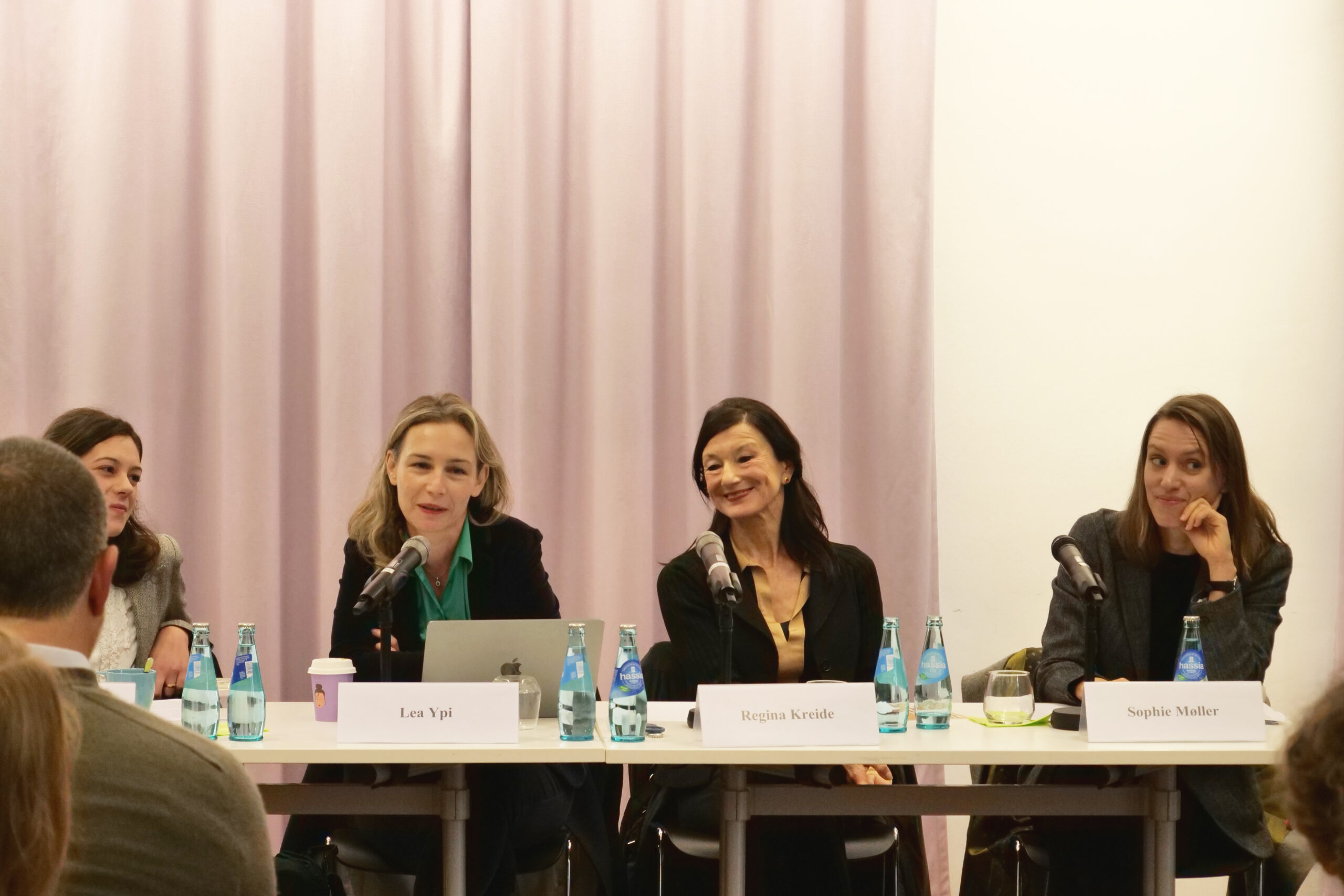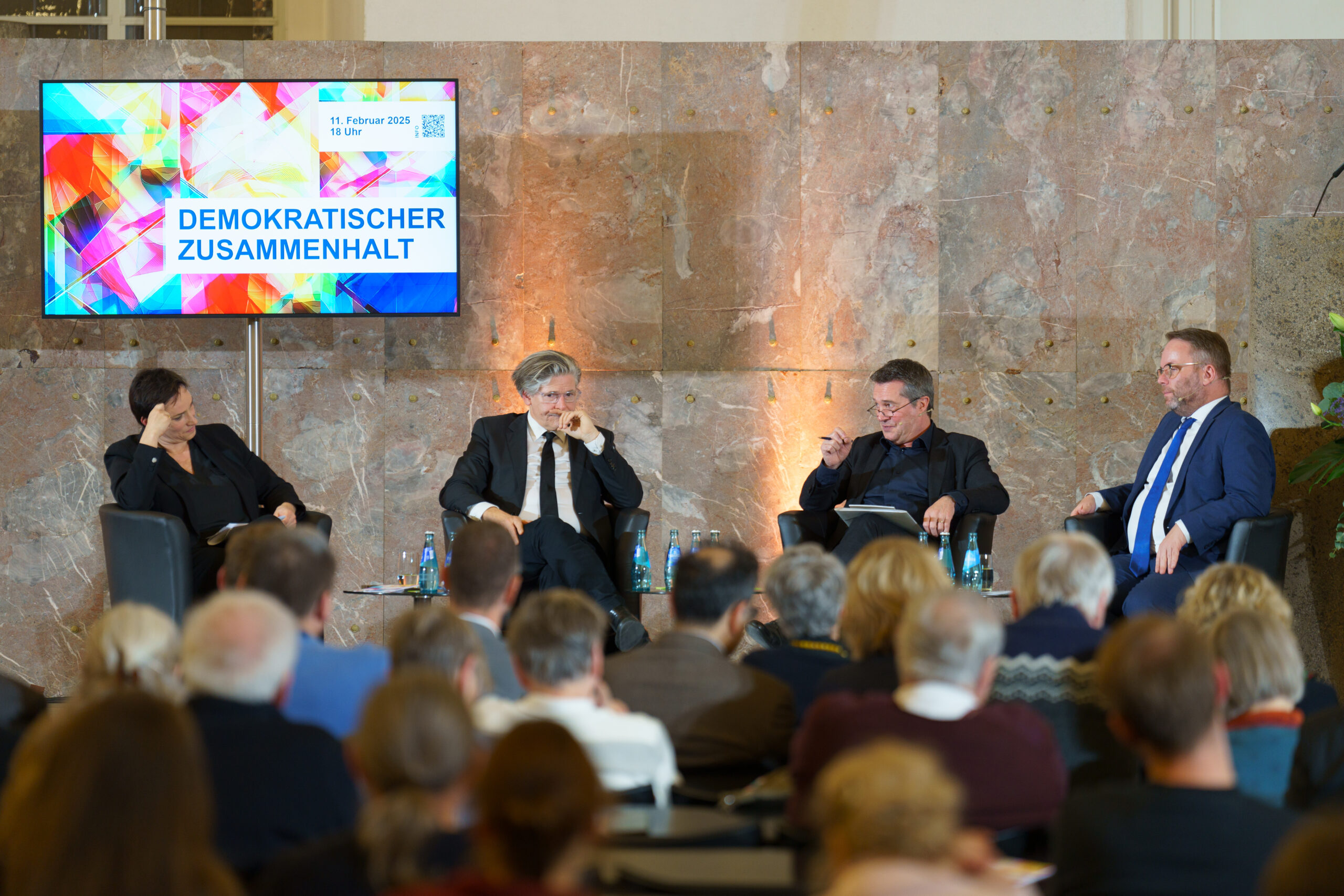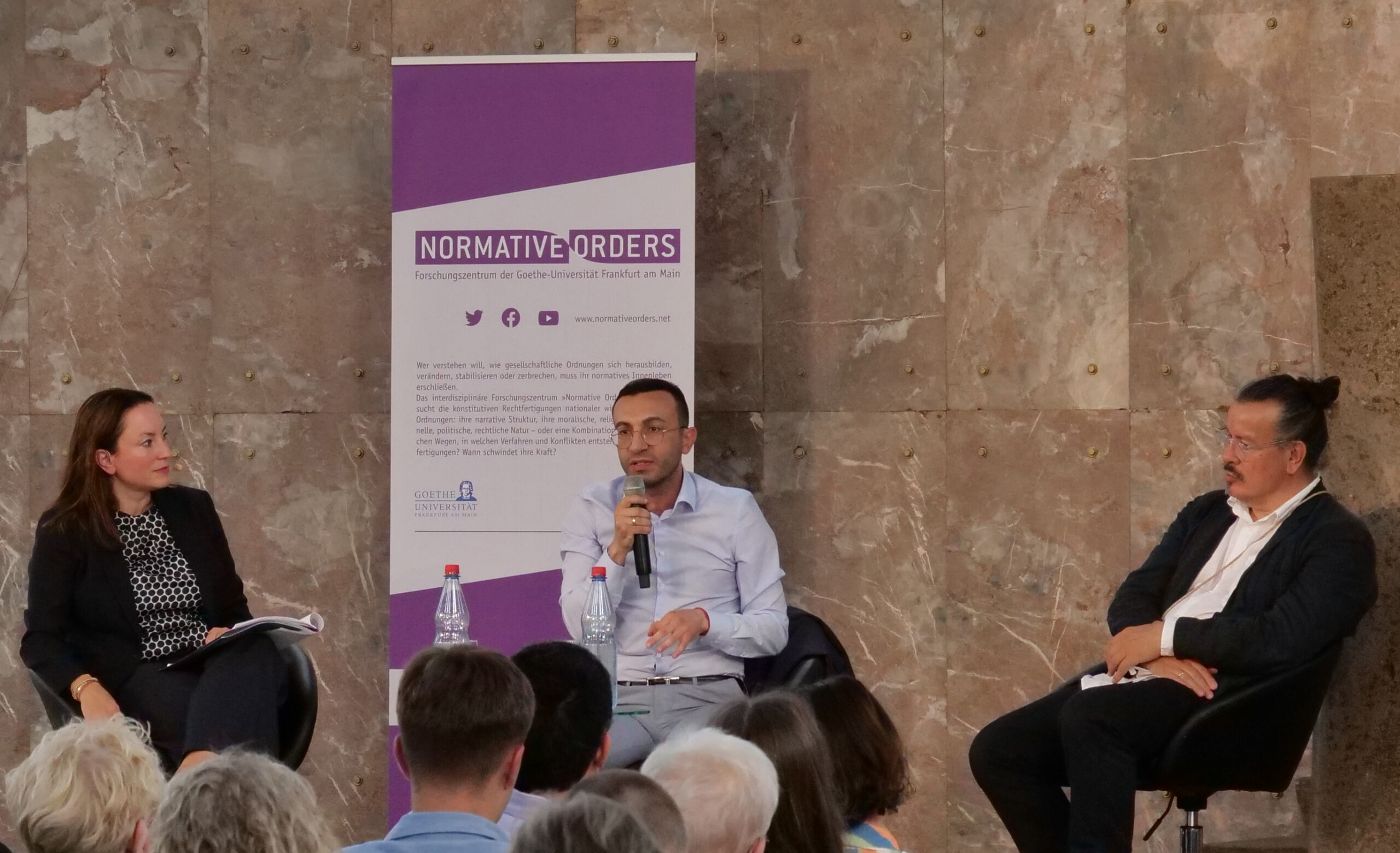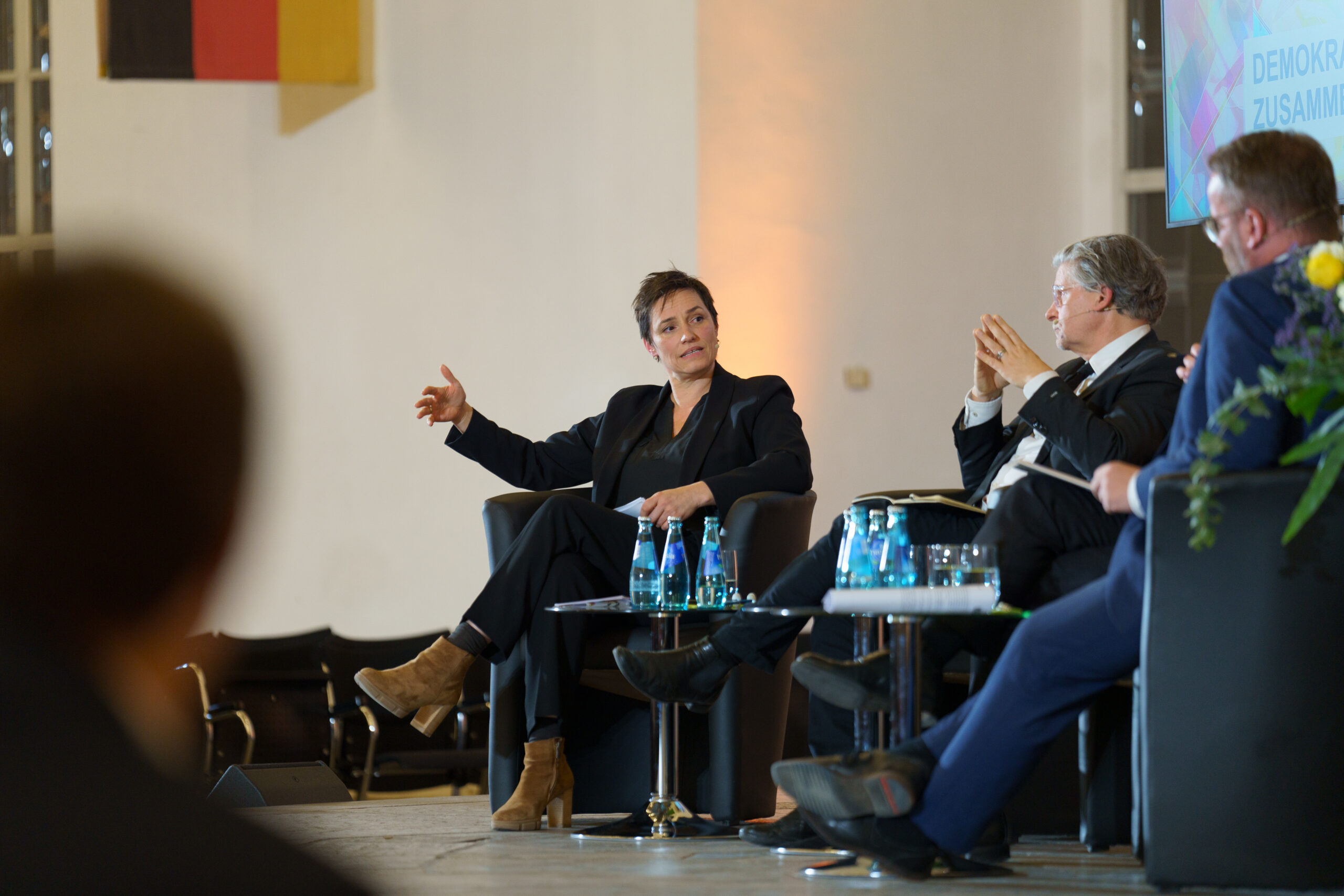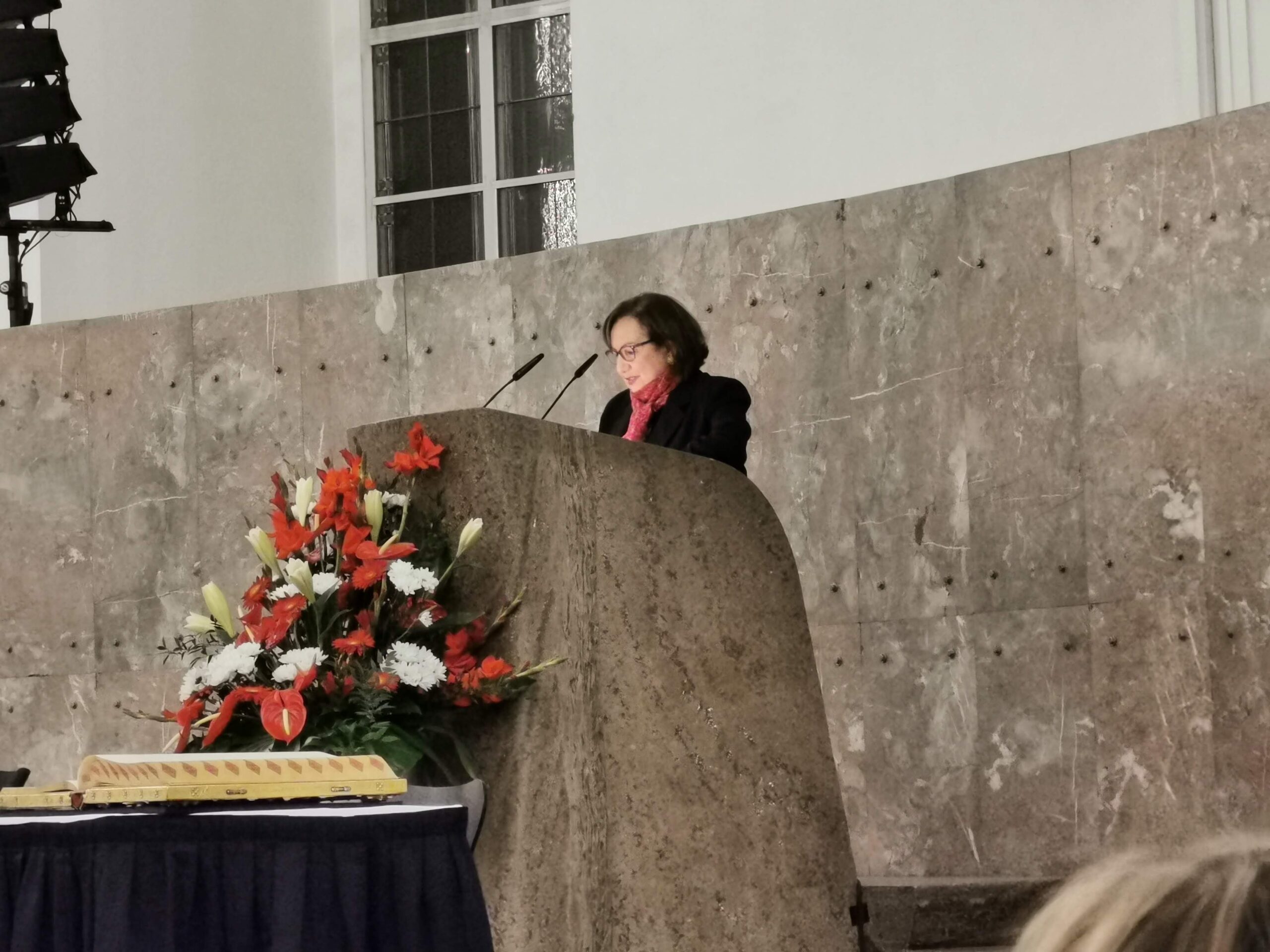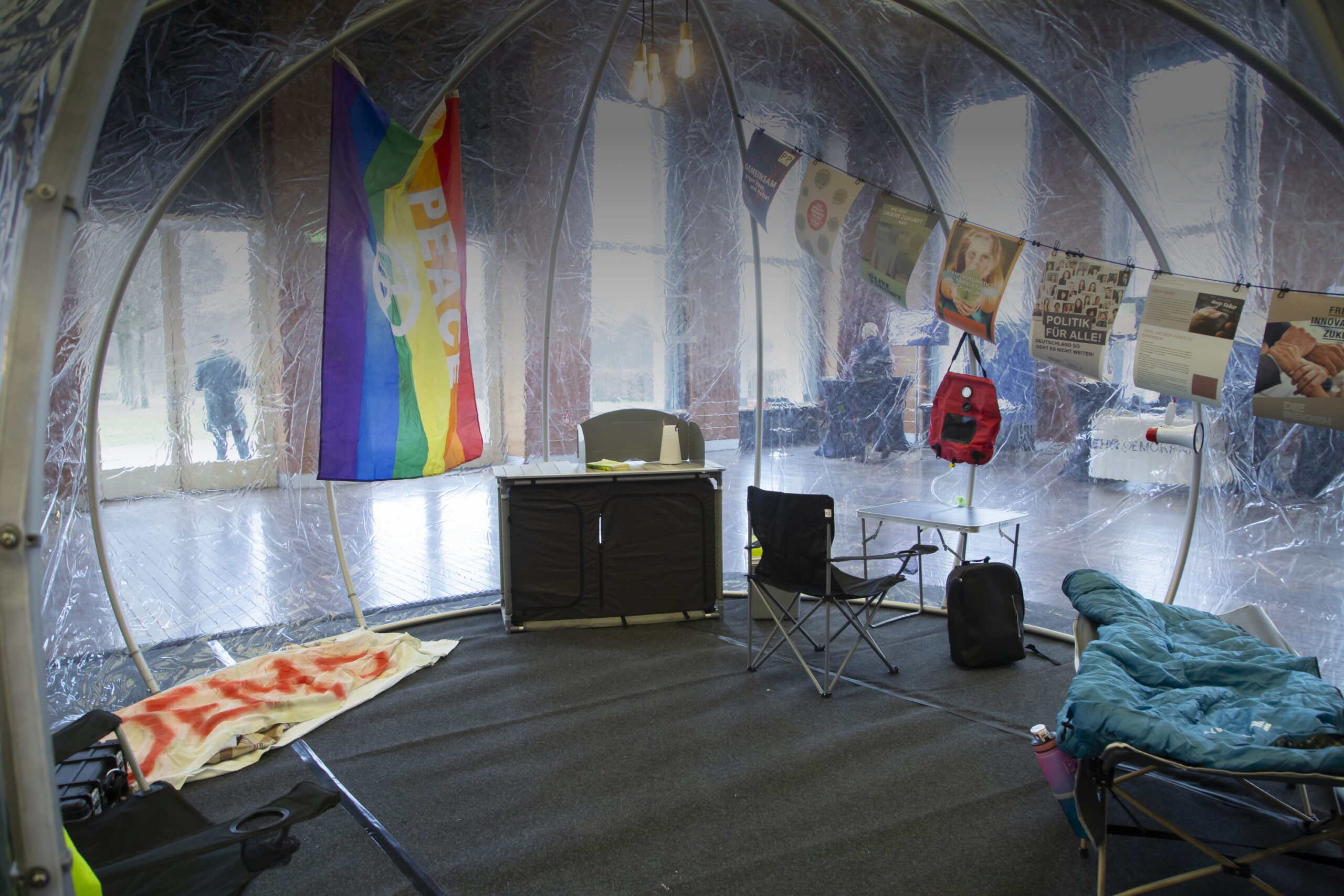40 Jahre Schengen-Raum
Der 1984 geschlossene Schengen-Vertrag schuf einen heute 29 Staaten umfassenden Raum ohne Binnengrenzen, doch Migration über die Außengrenzen führte zuletzt zur Wiedereinführung von Kontrollen, auch durch die Bundesregierung ab 8. Mai 2025. Das Walter Hallstein-Kolloquium diskutiert die rechtliche Zulässigkeit, wirtschaftliche Folgen insbesondere für Arbeitsmigration und Arbeitsmarkt sowie die Zukunft des Schengen-Raums.
more information ›Satanist politics and the decline of reason in liberal democracies
For the last time in the winter semester 2025/26, the Research Center hosted the lecture series “Am Scheidepunkt. On the crisis of democracy”. At the end, philosopher Michael Rosen from Harvard University presented his concept of “satanic politics” as a variant of the political interpretation of the world.
more information ›On the topicality of the concept of violence based on Camus and Derrida
Prof. Dr. Christine Abbt from the University of St. Gallen gave a lecture on democracies and the concept of violence as part of the lecture series “At the crossroads? On the crisis of democracy”, she gave a lecture on democracies and the concept of violence. Under the title “Defending democracies. On the topicality of the concept of violence in Camus and Derrida”, the philosopher discussed forms of violence and revolt and categorized them with regard to a democratic setting.
more information ›New Perspectives on Trust in International Conflicts
Wille, Tobias; Simon, Hendrik; Daase, Christopher; Deitelhoff, Nicole; Wheeler, Nicholas J.; Holmes, Marcus; Rathbun, Brian C.; Acharya, Amitav; Mitzen, Jennifer (2026): „New Perspectives on Trust in International Conflicts“. In: International Studies Review 28 (1), viaf027.
more information ›States competing for people – David Owen on civil geopolitics
As part of the lecture series “At the Crossroads – The Future of Democracy”, David Owen from the University of Southampton presented his concept of civil geopolitics.
more information ›Christine Hentschel on reorientation in catastrophic times
As part of the lecture series “At the crossroads? On the crisis of democracy”, the sociologist spoke about living in and dealing with catastrophic times. Against the backdrop of the destruction of living conditions, wars, permanent crises and threats to democracy, Hentschel addressed the infiltration of the catastrophic into everyday social life and a changing activist and literary approach to the future.
more information ›Gender Differences in Financial Advice
Bucher-Koenen, Tabea; Hackethal, Andreas; Koenen, Johannes; Laudenbach, Christine (2025): „Gender Differences in Financial Advice“. In: American Economic Review, 115 (12), pp. 4218–4252.
more information ›Faszination und Freiheit
Günther, Klaus; Zabel, Benno (Hrsg.) (2025): Faszination und Freiheit – Gegenwartsdiagnosen im Anschluss an Christoph Menkes Theorie der Befreiung, Weilerswist (Velbrück Wissenschaft).
more information ›Zwischen Transformation und Abolitionismus. Das Strafrecht und die Vielfalt der Alternativen
Tobias Singelnstein, Christoph Burchard (2025)
more information ›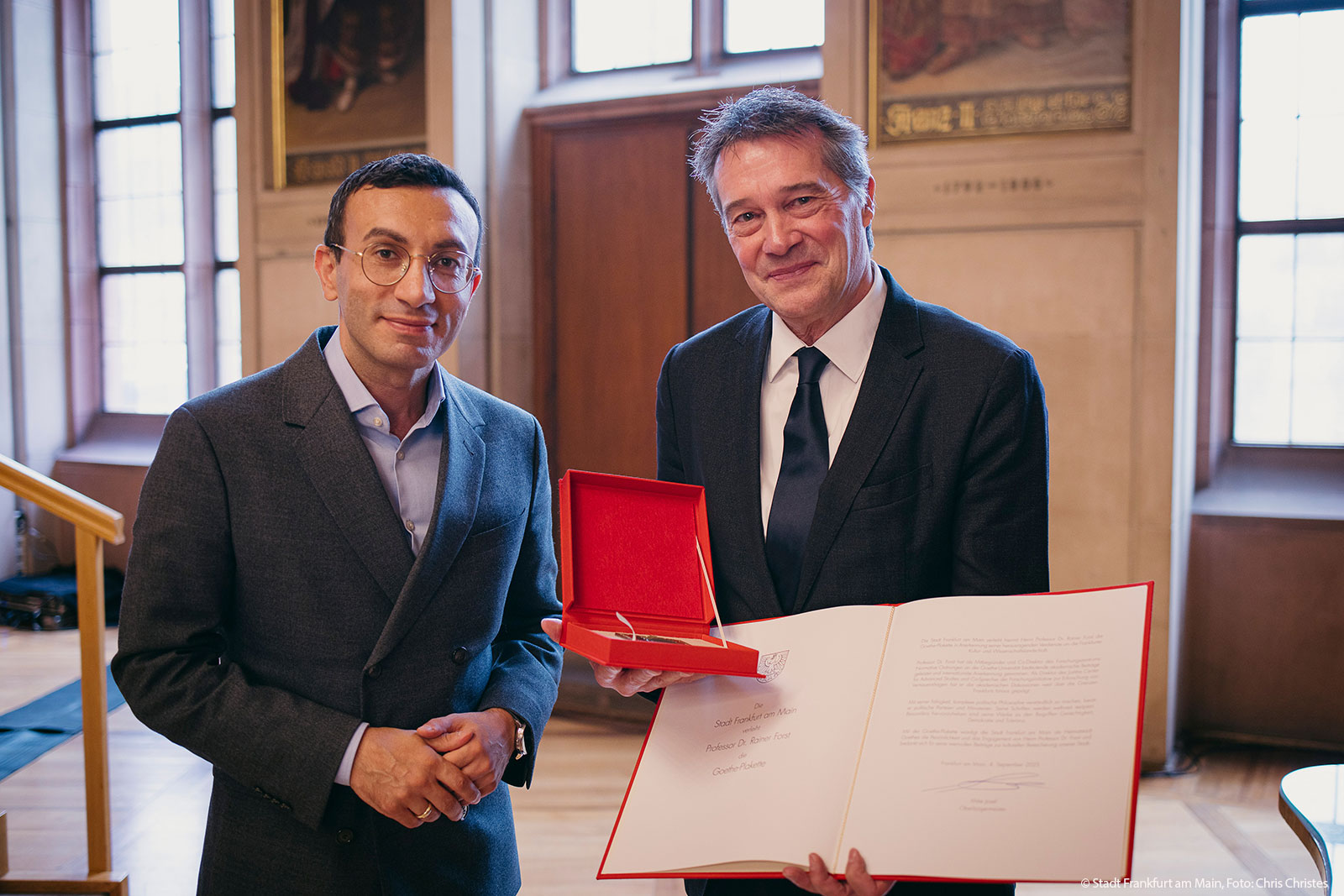
Rainer Forst awarded Goethe Plaque of the City of Frankfurt
On 4 September 2025, Prof. Rainer Forst, political philosopher and director of the Research Centre Normative Orders, was awarded the Goethe Plaque of the City of Frankfurt. With this award, the city honours individuals, whose academic work and/or public activities have shaped Frankfurt and beyond.
Read more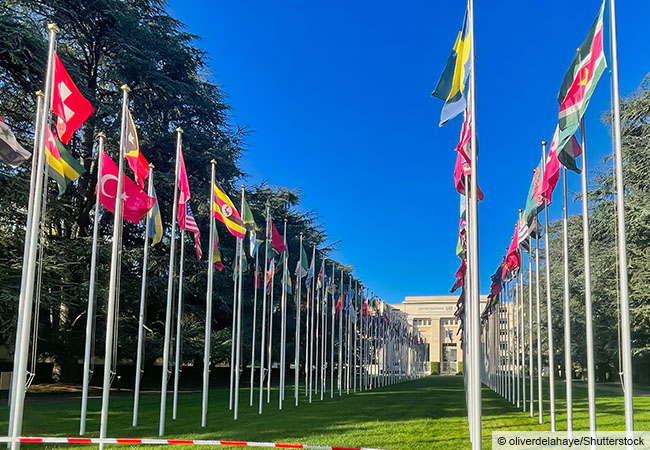
New Research Program “Zeitenwenden. Normative Ordnungen im Umbruch?”
The Research Centre Normative Orders receives a generous funding by the Commerzbank Foundation Fund within the framework of the Stifterverband for German Science. A total of €750,000 will be made available over a period of five years. The project is set to launch this fall.
Read morePress
Debatte in der Union zum Recht auf Teilzeitarbeit
Interview mit Thomas Biebricher zur Debatte um Teilzeitarbeit und Sozialsystem (ARD tagesthemen, ab Minute 4:33)
zum Beitrag ›Kann Europa auch ohne den Partner USA?
Trump stellt die internationalen Beziehungen auf den Kopf. Kann Europa im Schatten von Großmächten überleben? Konfliktforscherin Nicole Deitelhoff ordnet ein. (ZDF heute)
zum Beitrag ›Ableismus und Philosophie. Behindertenfeindliches Denken hat Tradition
Die Philosophie ignoriert Menschen mit “Behinderung” oder wertet sie ab, sagt Regina Schidel. Die Philosophin analysiert in ihrem Vortrag diese Diskriminierung in unserer Denktradition und zeigt Wege zu einer nicht-ableistischen Gesellschaft auf. (Deutschlandfunk Nova)
zum Beitrag ›Die Polizei schießt immer öfter auf psychisch kranke Menschen
Einsätze gegen Menschen im psychischen Ausnahmezustand häufen sich. Angehörige fordern geschulte Fachkräfte statt Polizei. Mit Tobias Singelstein (Frankfurter Rundschau)
zum Beitrag ›
Research
The Research Centre Normative Orders is home to various research projects. Up-to-date information on all current and past projects can be found under Research.
See all research projects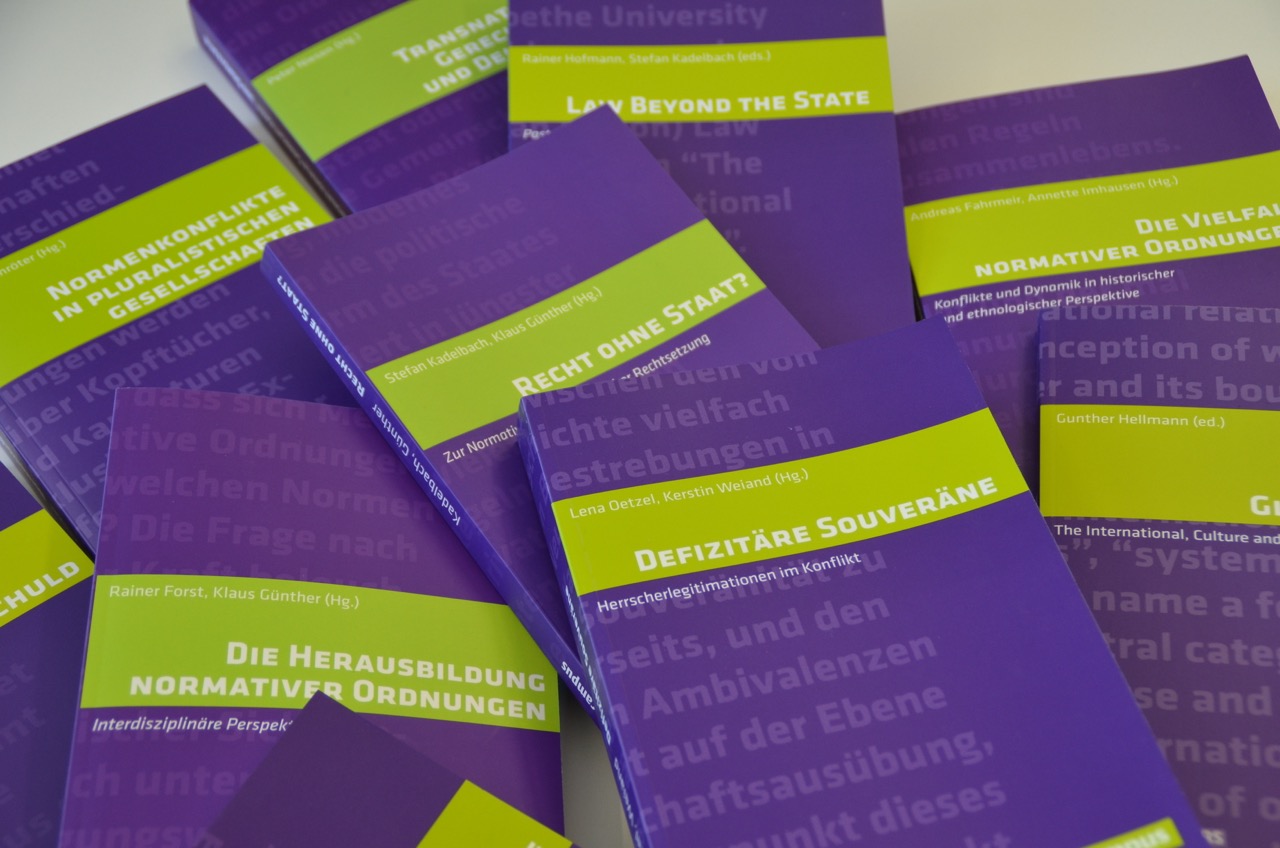
Publications
The Research Centre maintains a publication database with current publications by participating researchers. In addition, the Centre publishes a series of its own publications with Campus-Verlag. The volumes document the interdisciplinary collaboration at the Centre and are each dedicated to the examination of important topics from the Normative Orders research program.
See all publications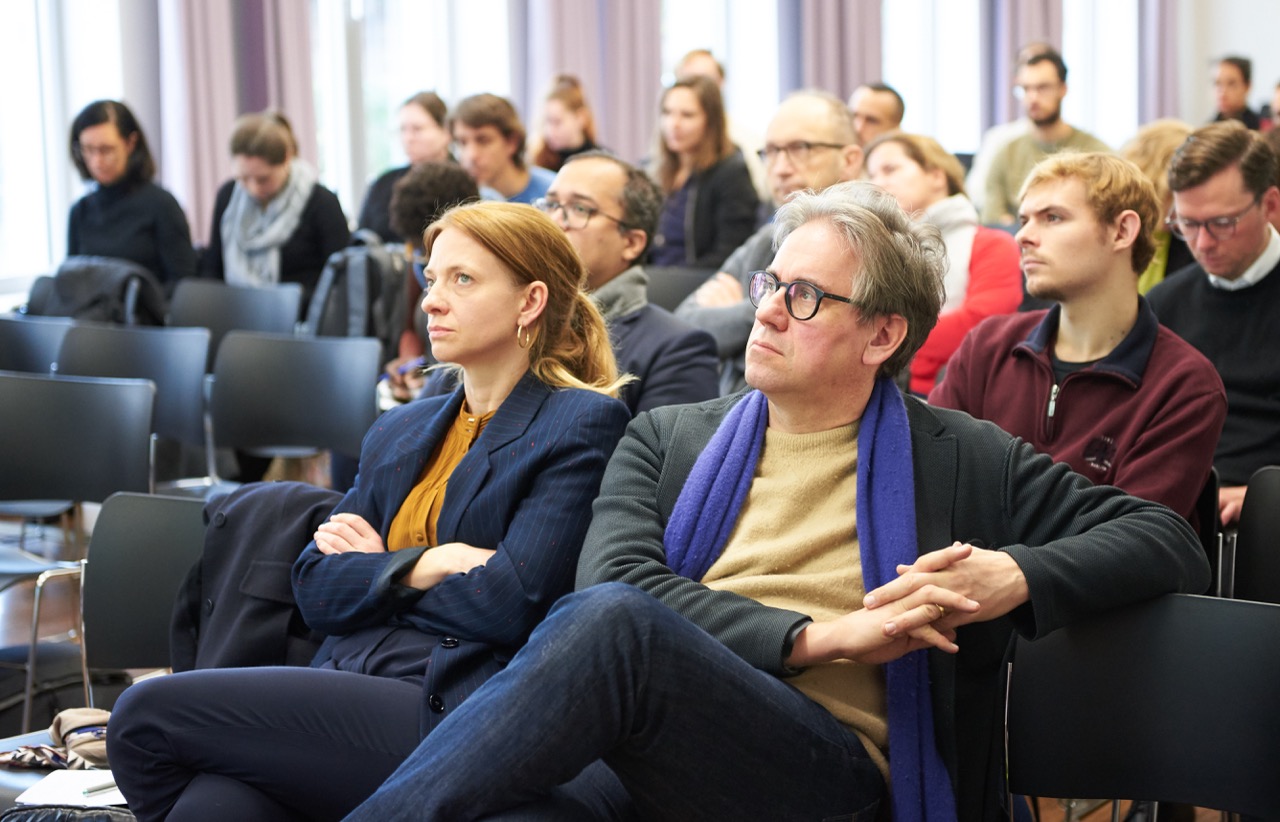
Events
The Research Centre Normative Orders organizes events, workshops, conferences and practical forums at Goethe University, in the city of Frankfurt and beyond. In the event calendar you will find all current and past events in the context of the work of the Research Center as well as information on how to participate.
See all events
Media library
The Research Centre publishes video recordings of many lectures, discussions and other events, such as the well-known Römerberg Talks. You can find and watch these and other videos in our media library.
Media libraryAbout Normative Orders
How do political, legal, religious or economic orders establish and change, how do power structures crystallize, how are power and life chances distributed – also on a transnational level? The researchers involved in the Research Centre Normative Orders reflect on these questions. The focus is on current social conflicts, in particular the just ordering of society in times of globalization, and their long history. The normative ideas that play a role in such processes and conflicts are examined. The questions are complex. This is why the Research Centre Normative Orders at Goethe University Frankfurt works on an interdisciplinary basis: from philosophy, history, political science and law to ethnology, economics, sociology and theology.



